So, what does a chaplain do? Exactly?
Well, the book answer to that question is that a chaplain
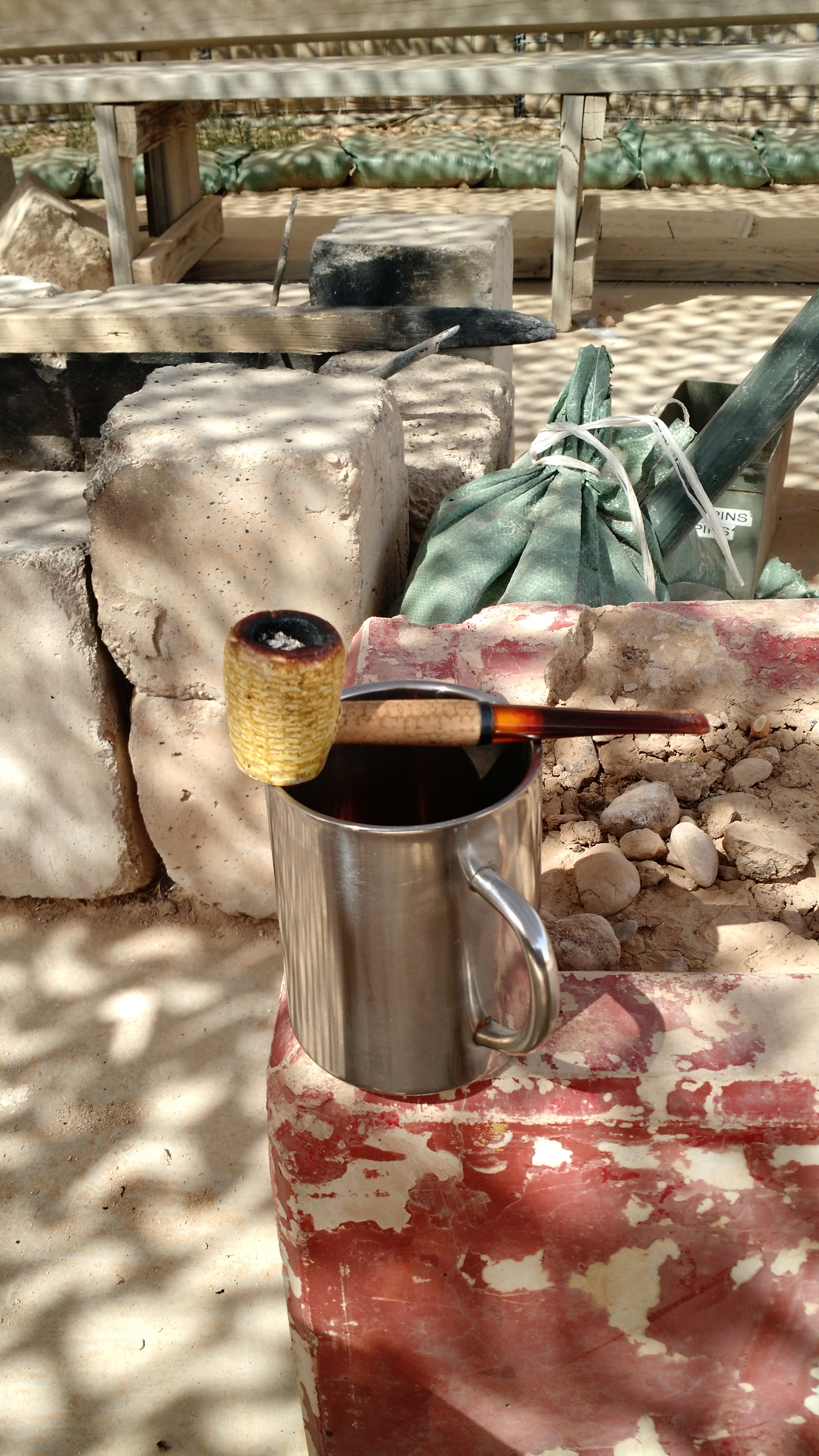
The Tools of the Trade
is the commanders proponent to ensure the freedom of religion for their Soldiers. In other words, religious support. A chaplain: Nurtures the Living, Cares for the Wounded, and Honors the Dead. The Chaplain provides for the free exercise of religion (by performing their faith tradition and providing for the other religions represented in their unit) and advises the command in the areas of religion, morals, morale, and ethics.
Right.
So, what does a chaplain do when they are not doing services?
Many Soldiers would answer that question by saying that the chaplain “does morale.”
Being the “morale officer” is in the traditional wheelhouse of a chaplain. This, of course, has nothing to do with religion but more to do with the absence of anyone else having the time to work with it. This is not to say that the title is legitimate or the chaplain ought to spend their time doing “MWR.” It’s tempting of course. Nothing gets a compliment or the oft coveted title “combat multiplier” quicker than organizing some morale-boosting events. But it takes time. Precious time that can be better spent elsewhere.
Events are worthwhile but I’ve struggled my entire career to effectively answer the question, “so chaplain, how’s morale?”
It’s difficult even when you spend a great deal of time talking to Soldiers and circulating. When I circulate, I’ll ask “how’s morale” and Soldiers mostly will tell me how they feel about life. Which is not, of course, a holistic approach and will give me a picture of whoever I talk to. Its inherently limited because I don’t talk to everyone and how would I, really, effectively evaluate the morale of 500+ Soldiers and their families in a given week? If I talk to a Soldier today and don’t see that Soldier for another week, their outlook on life may have completely changed. Frankly, it’s difficult to really know beyond a fairly limited group of people what their morale is.
But, I’m supposed to advise the commander on this very subject.
So, I applied systemic thinking and observation to this conundrum. I have observed, over the years, that small units (companies, platoons, squads) really are like families and operate in that fashion. Therefore, I look to their leadership. If the CDR and 1SG are getting along and seem good with each other, it’s fairly consistent that the overall morale in that unit is ok. I have learned the traits of a good leader and toxic leader and if I identify an NCO that fits the bill, the units morale is likely to follow. It’s not a science but it’s fairly accurate.
Over time, I also began tracking specific conversations/counseling that I did in a particular unit. It works for BN or Companies. I suppose one could take is as low as they wanted to but frankly, I think that time prohibitive. I have had success using this at the company level in field problems and site visits. Daily, I use it at the BN level. What is most helpful is tracking counseling/conversations over time. I look for trends and spikes in certain areas and use that information to create training or focus ministry in a particular place to a particular unit. I have a chart that I use sometimes when I am able. It includes this information:
Morale Advisement Worksheet
Dates covered ______________________ Quarter __________ FY ___________
Company/Troop/Battery _____________________________________________
Commander/1SG ___________________________________________________
Length of Command _________________________________________________
CDR
Strengths Weaknesses Impact
1SG
Strengths Weaknesses Impact
Overall Mission
Upcoming Missions/Training Events
Overall Impact on Soldiers
(1-5, 5=doing best)
Sleep Food Safety Religion Other:
Assets in CMD
ASIST:
Strong Soldiers:
High Risk Soldiers (to keep an eye on)
*Any recommendations to command?
Counseling Trends – Place tick marks representing counseling (however you define that**) and summarize quarterly.
Marriage:
Family:
Stress:
Depression:
Suicide:
Self Harm (to include addictions):
Spiritual Growth:
Personal Growth:
Personal Identity:
Anger:
Grief:
Sexual Assault:
Getting along with others/personal relationships:
Financial:
Leadership/Unit Complaints:
Notes:
Other:
Notes:
Definitions:
Morale: the confidence, enthusiasm, and discipline of a person or group at a particular time.
*Recommendations to command includes:
- Critique – Assessment based on objective standards and experience, non-judgmental or personal, straightforward
- Feedback – Reflection based on subjective experience, personal, one’s personal experience of another, recognizes cultural differences, positive in nature
(as opposed to criticism which is negative, harsh, judgmental, pretends to be objective but is subjective, and does not seek to build up the other)
** Counseling – I define this as any significant conversation where I provide pastoral care, advice, or a listening ear. A conversation where a Soldier deals with issues. No time constraint. Includes scheduled office appointments.
Note the definitions. There are no “official” definitions of these ideas and every chaplain seems to approach them differently, however, it helped me to create some kind of quasi-objective standard by which to evaluate my work.
Over time, I have developed fairly good methods of evaluating morale quickly. I guess it just comes with experience. Also, I notice that if MY morale is struggling, others probably are as well. Life just seems to work that way.
If people have lost their humor, it’s a fairly good indication that they are in chaos and overwhelmed. In any Army unit, there is always a good amount of “gallows humor.” By and large, it is a healthy reaction to the hardship that we face. As long as it does not develop into toxic humor that is aimed at hurt and pain, it’s good and I encourage it. When I experience people whose humor has moved from the ironic, sarcastic, and good-natured profane to toxic and mean-spirited (by the way, I should note here that what sound “mean-spirited” to someone not familiar with the military may well not be. A practiced ear can hear the humor and genuine concern in what may sound a little cruel. When in doubt, I usually just check with the person and see if everything is ok) I make sure to follow up with that individual and group.
Of course, there are the usual things like checking on a person who isolate themselves. Of course, many times we need some space and some quiet time in the chapel is helpful. If I observe a drastic change in behavior, I note that and follow up with a person to see how they are. If I observe that they are “taking things to heart” its likely that their capacity for change and hardness is waning and they need some help building resiliency to the situation they are in.
The single best method I find for evaluating morale is if the unit is connecting to the mission. If they see that they play a role in whatever the unit is tasked with doing. If they can find meaning and purpose in their work. Is the end in sight? I find that Soldiers can be the happiest in the most austere and harsh circumstances as long as: 1. Everyone is in the same position – i.e. the leadership is down in the muck with them and 2. There is meaning in the suffering. If those two things are in place, morale (no matter the suffering) tends to be high.
At the end of the day, what does a chaplain do? Listen. Observe. Provide Feedback.
I observe the life that is happening. If I see someone struggling, I pay more attention to them and find a way to talk. Perhaps that is, in a nutshell, what chaplain work is after all. Paying attention and finding a way to talk.




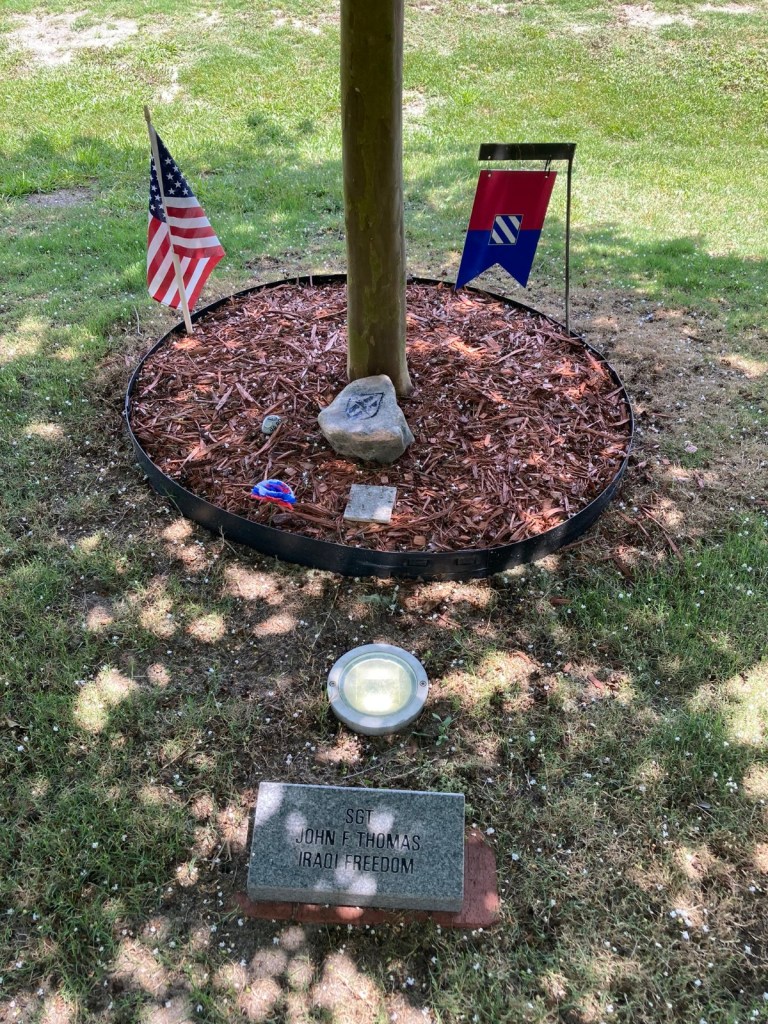





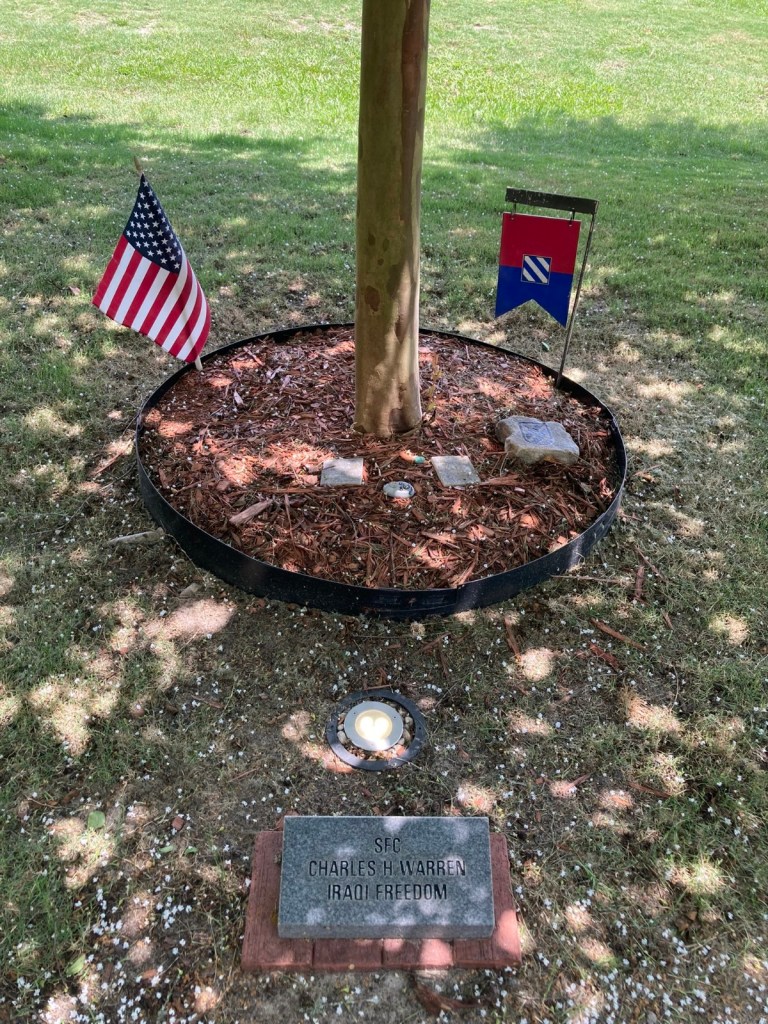
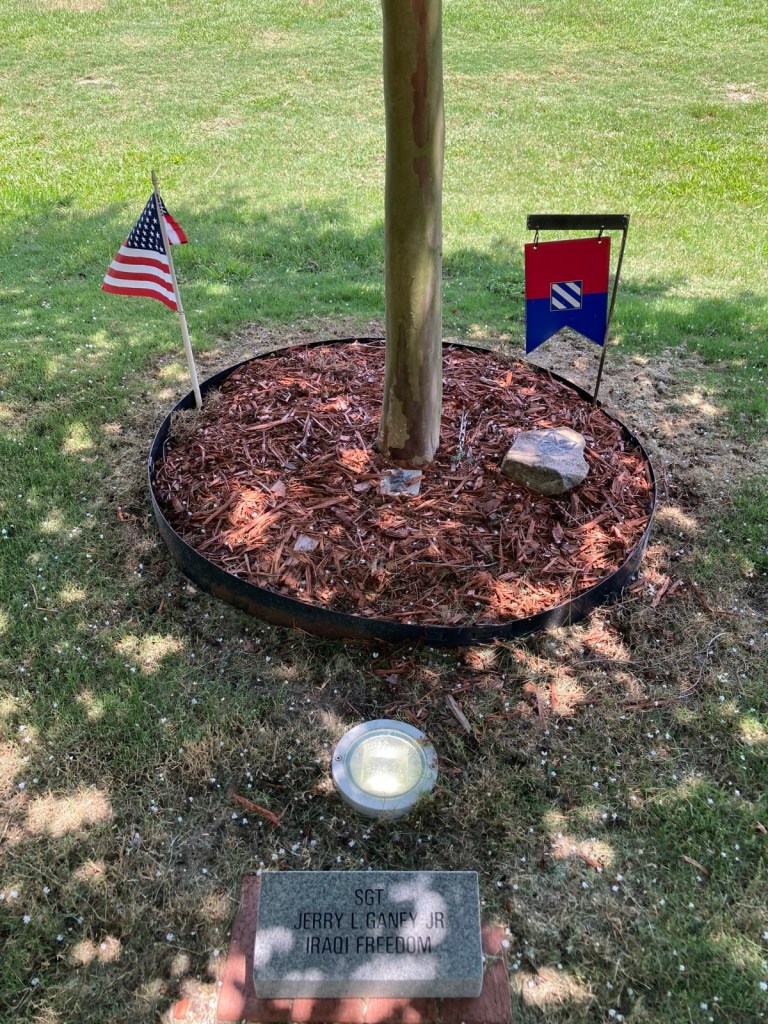
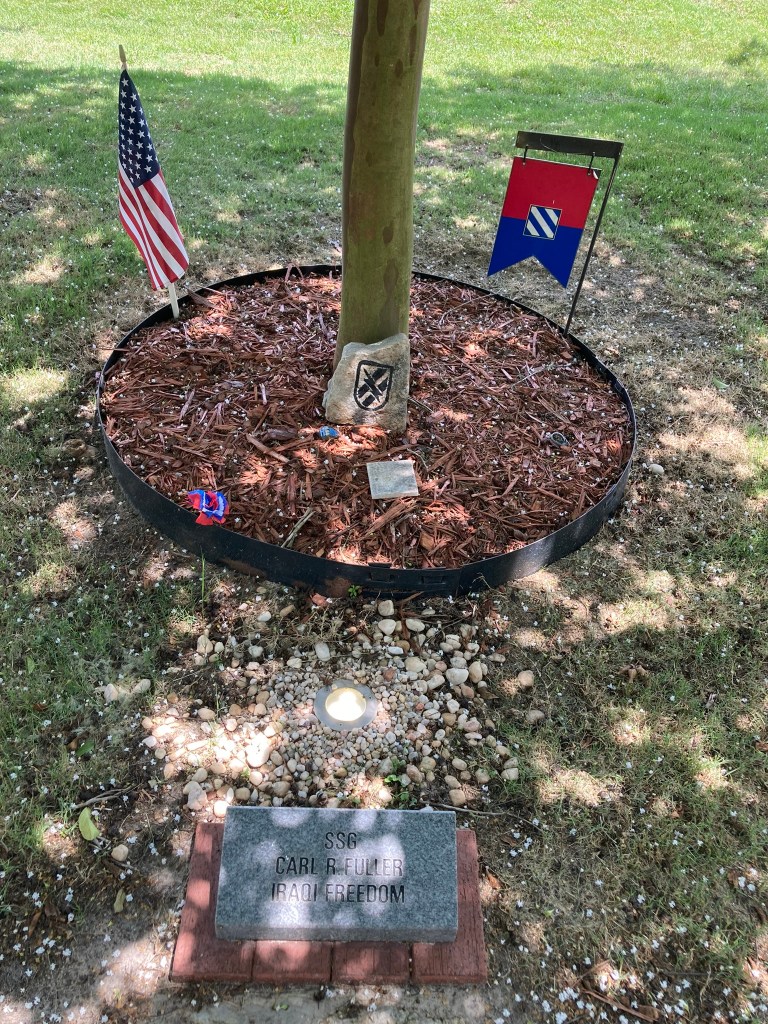

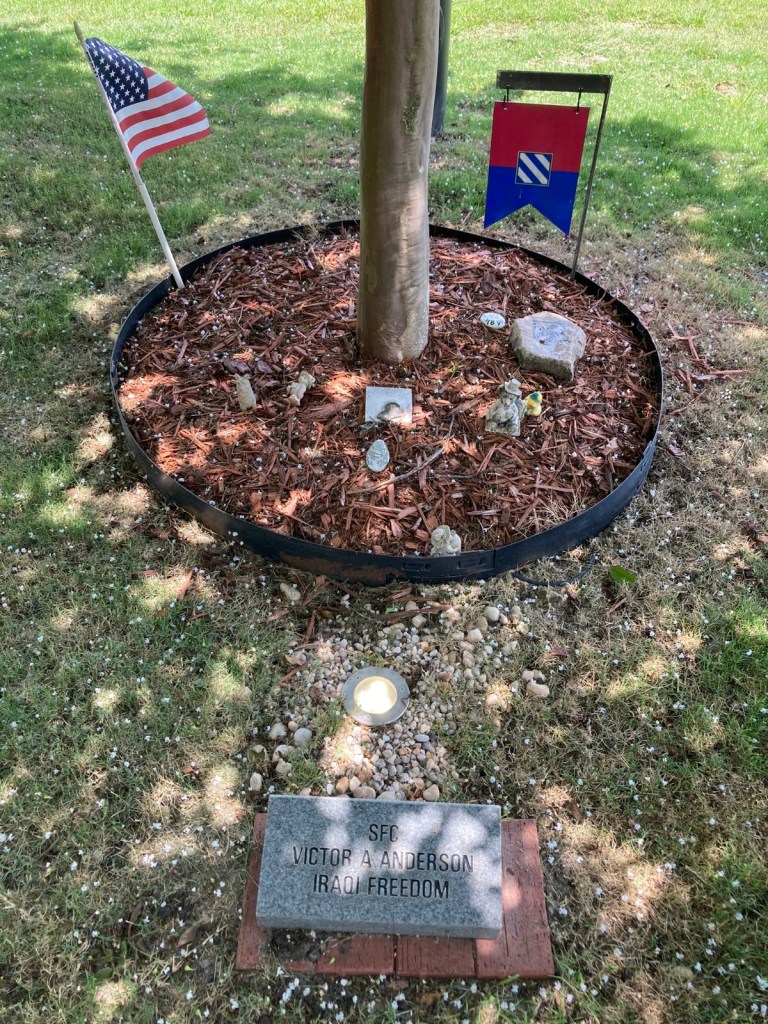



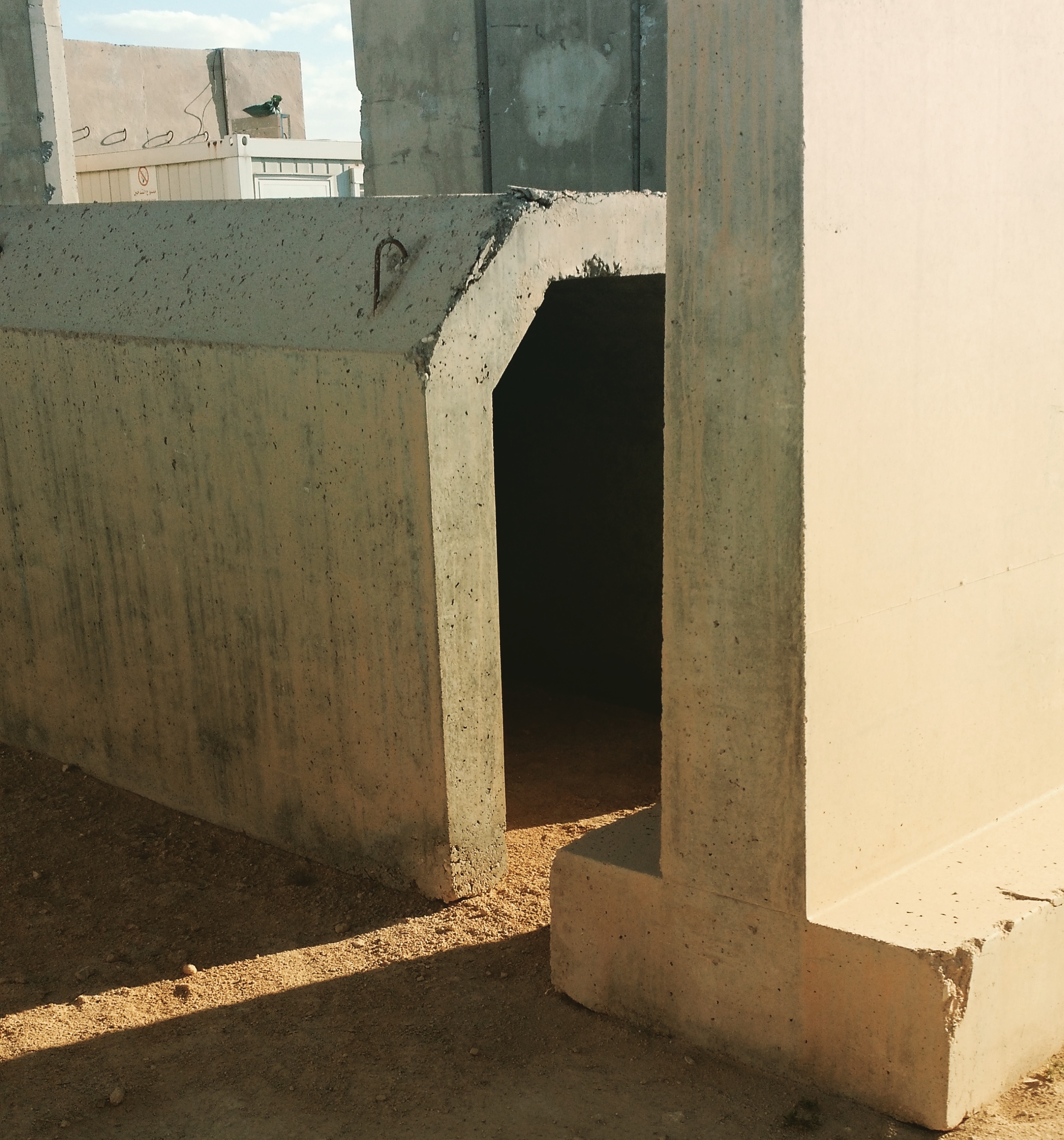
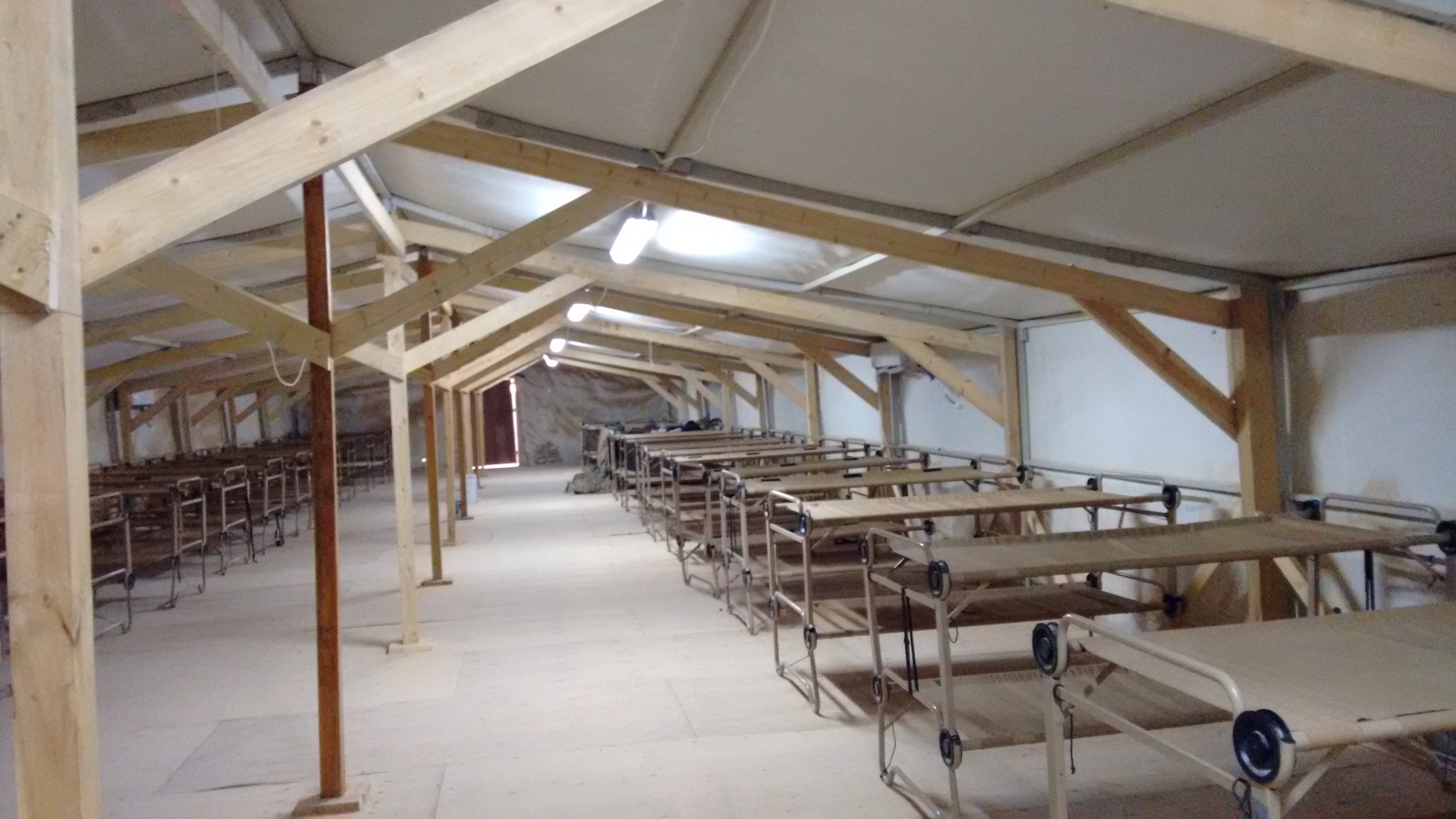


 e wars and rumors of wars. We are fighting one that is 14 years old and another that is moving into its third iteration. There is no doubt in my mind that war will define the rest of my career and possibly yours as well. If we continue as we are, in 2025 when my retirement becomes possible, we just might still be in Iraq and Afghanistan.
e wars and rumors of wars. We are fighting one that is 14 years old and another that is moving into its third iteration. There is no doubt in my mind that war will define the rest of my career and possibly yours as well. If we continue as we are, in 2025 when my retirement becomes possible, we just might still be in Iraq and Afghanistan.